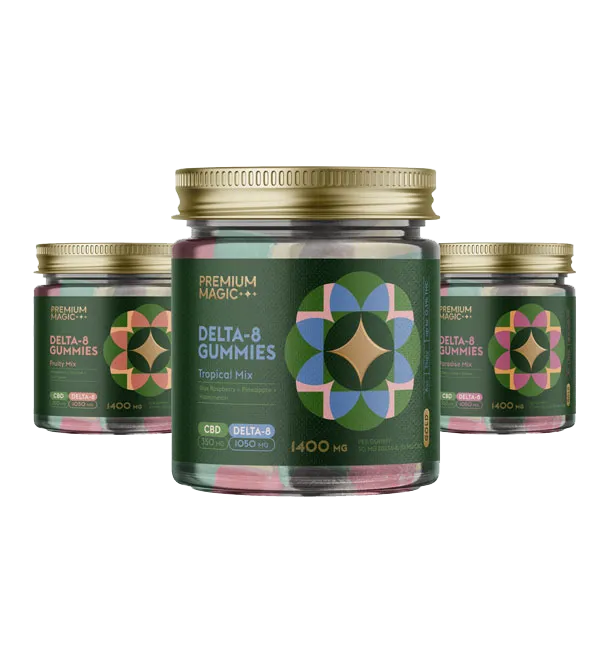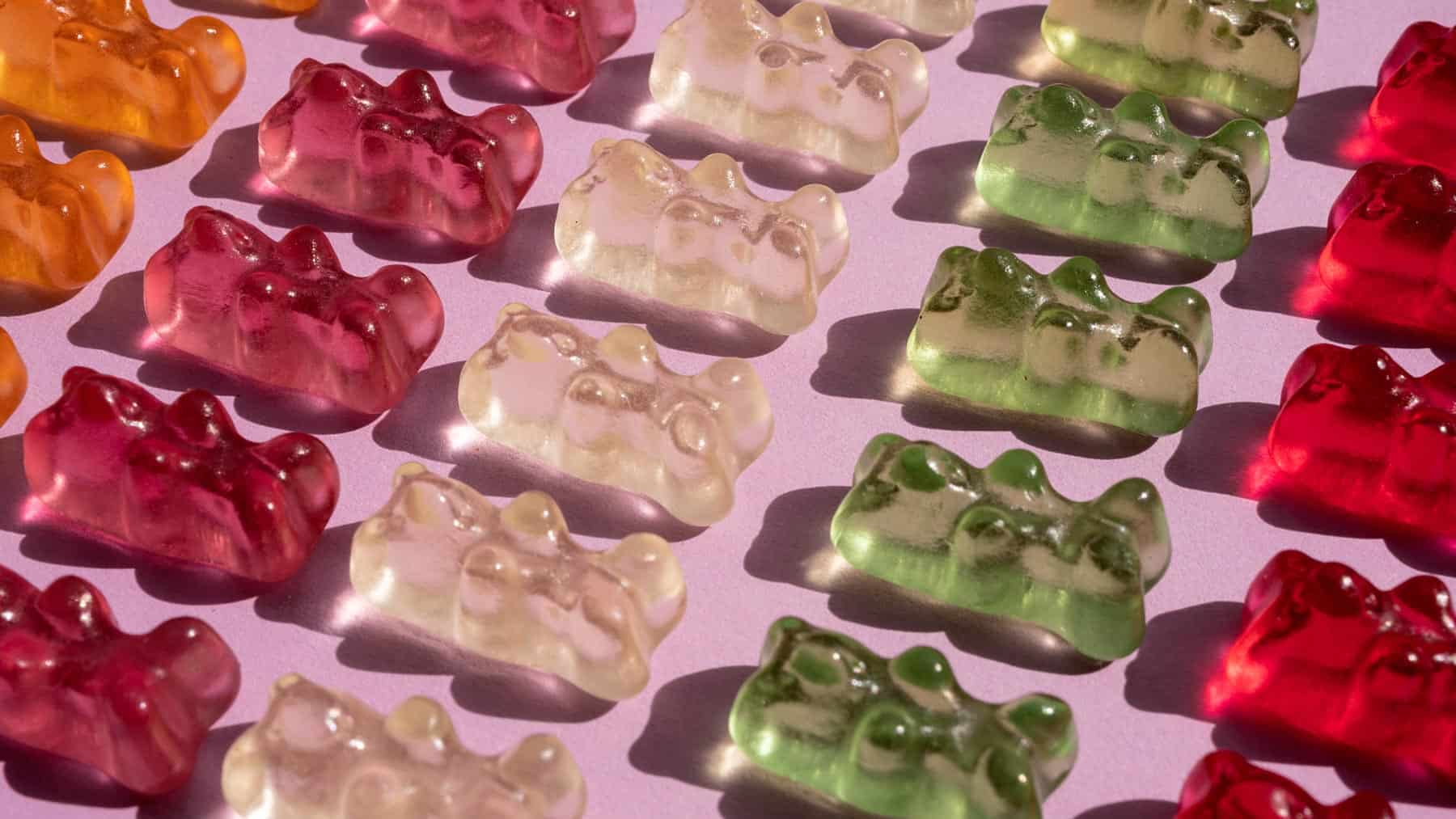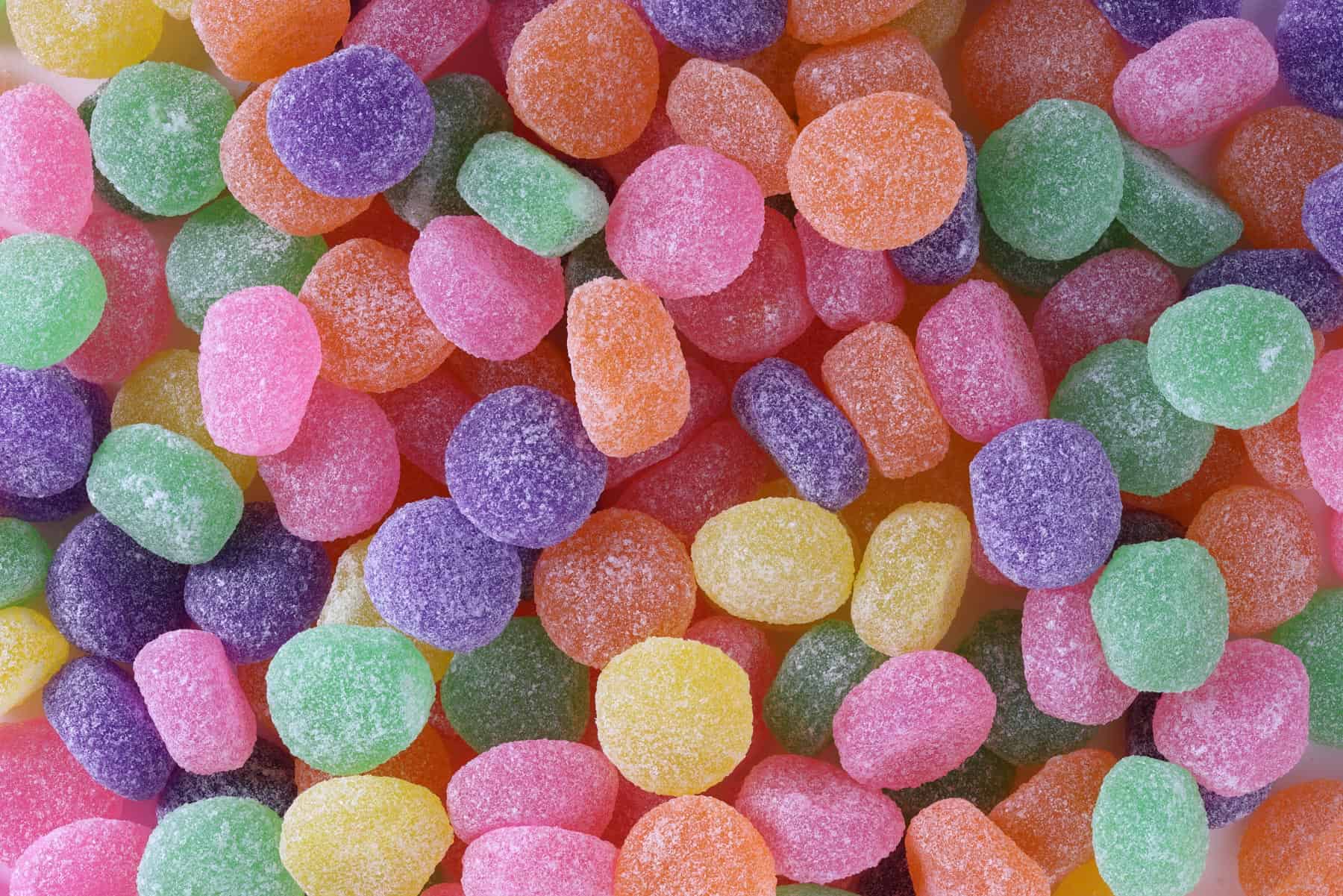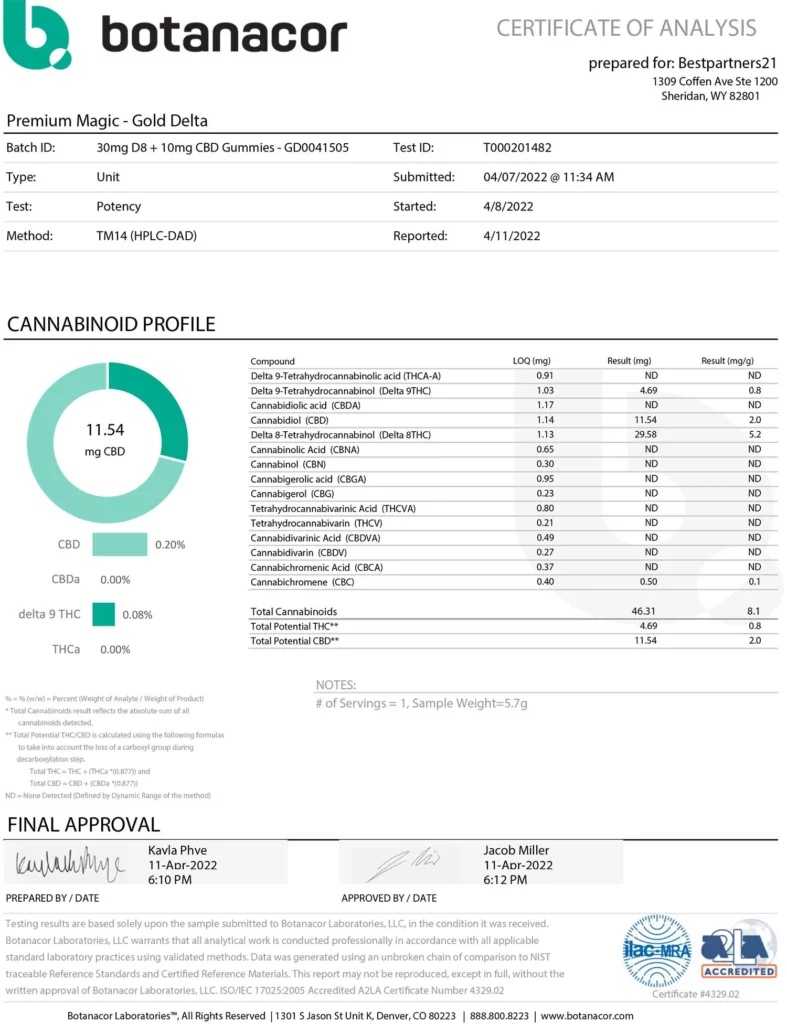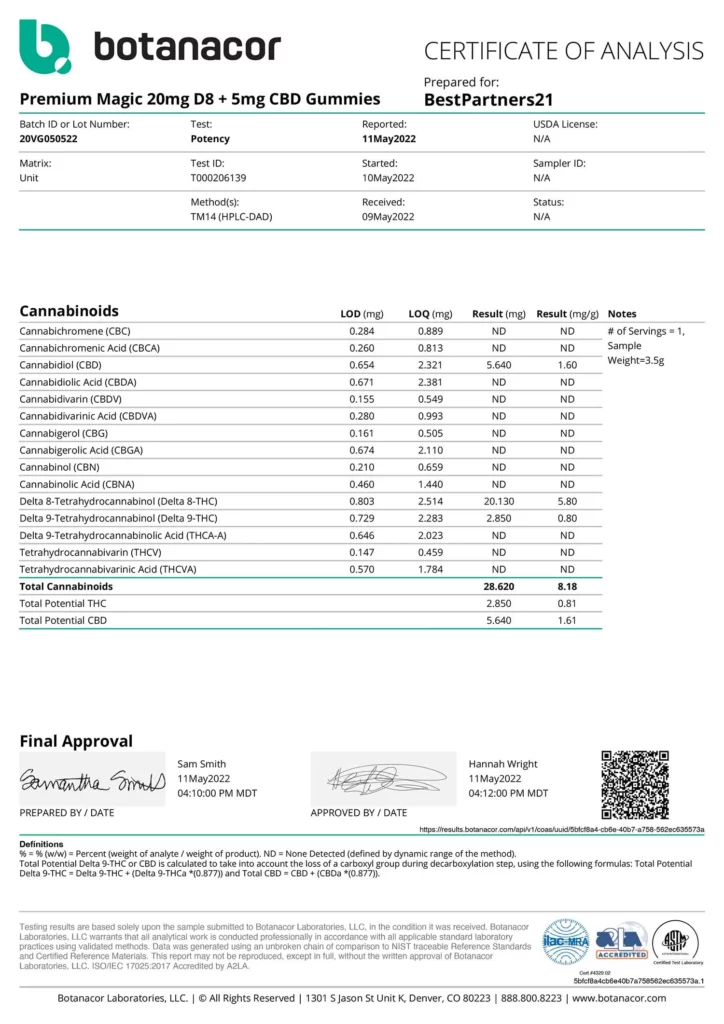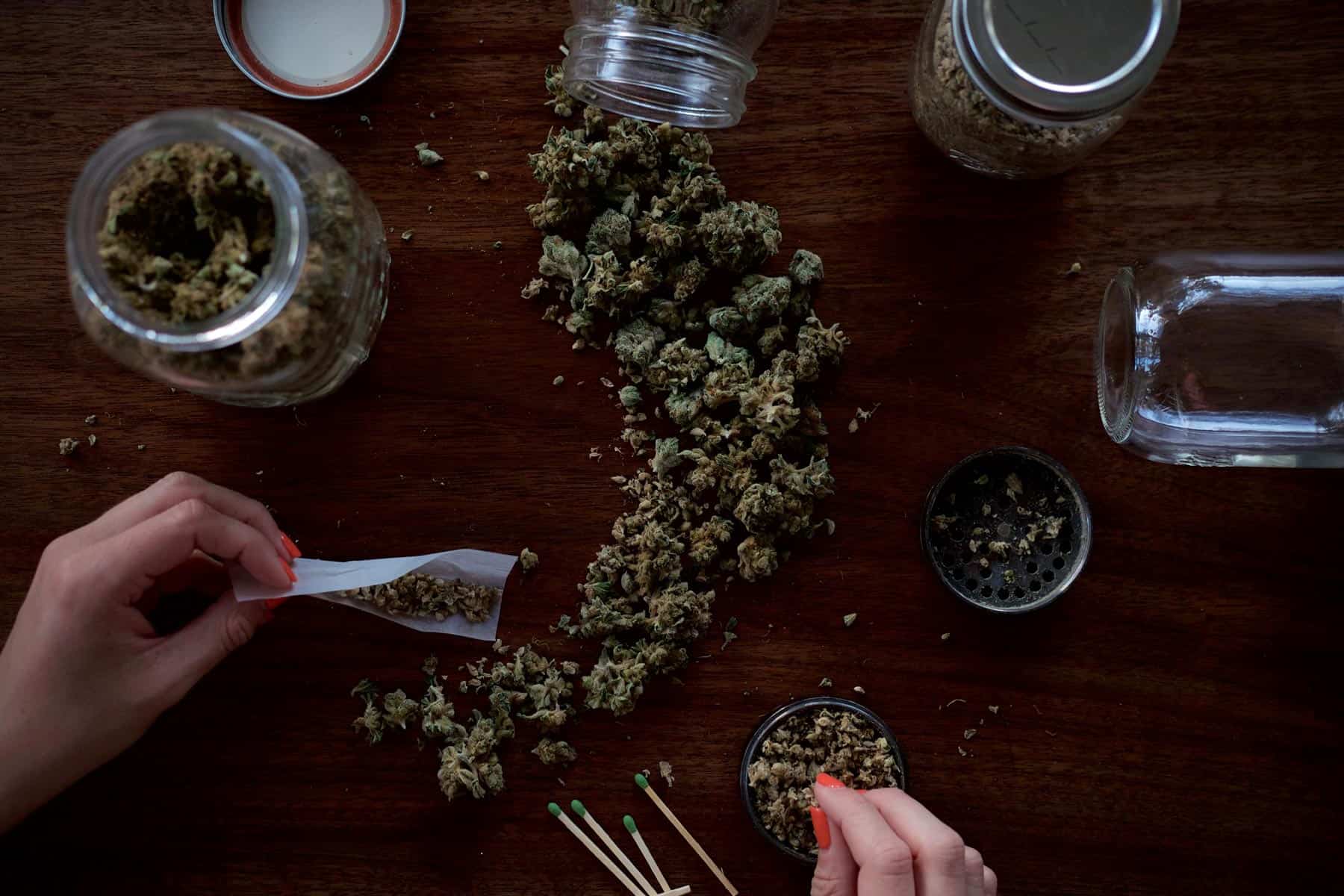
Demystifying Delta 8 THC: What It Is and How It Differs from Delta 9 THC

Welcome to our blog! Today, we’re going to talk about something called Delta 8 THC. It’s a bit different from what most people know as THC, which is usually Delta 9 THC.
In this article, we will explore what Delta 8 THC is, where it comes from, and how it differs from Delta 9. It’s important to know about these differences, and that’s exactly what we’ll explain. So, let’s get started on our journey to demystify Delta 8 THC.
What is Delta 8 THC?
Delta 8 THC, short for Delta-8-Tetrahydrocannabinol, is a natural substance. You’ll find it in small amounts in the cannabis plant. Now, you might be thinking, “Isn’t that where marijuana comes from?” You’re right! But don’t get confused. Delta 8 THC is a bit different from the usual THC that people talk about when they refer to marijuana.
Let’s think of the cannabis plant as a big family. This family has many members, and two of them are Delta 8 THC and Delta 9. They’re like brothers, similar but not the same.
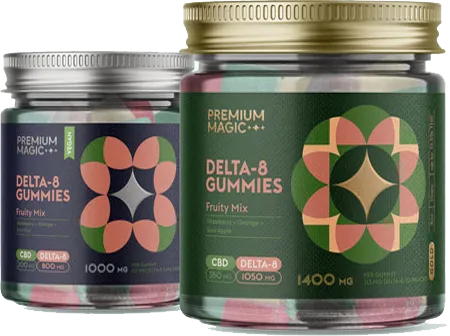
Gold + Silver Combo Fruity Mix
Original price was: $154.98.$68.99Current price is: $68.99.
Or Subscribe and Save 30%
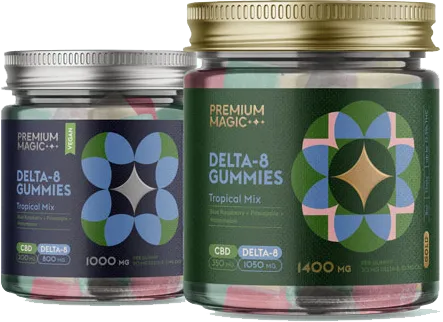
Gold + Silver Combo Tropical Mix
Original price was: $154.98.$67.99Current price is: $67.99.
Or Subscribe and Save 30%
Origins and Where it is Found
To make things easier to understand, let’s imagine the cannabis plant as a factory. This factory makes a lot of things. One of those things is Delta 9 THC, which most people know as the substance that can make you feel “high.”
But this factory also makes Delta 8 THC. The tricky part is that it doesn’t make a lot of Delta 8 THC. So, it’s less common and harder to find than its brother, Delta 9. But with special techniques, scientists can coax the cannabis plant to produce more Delta 8 THC.
Legal Status
Delta 8 THC is in a strange spot when it comes to laws. Some places say it’s okay, and others say it’s not. This is because laws change from place to place. In the United States, it’s mostly legal. That’s because of a law called the 2018 Farm Bill. This law says that products derived from hemp (another member of the cannabis family) are okay as long as they don’t have more than 0.3% Delta 9.
What is Delta 9 THC?
Delta 9 THC, or Delta-9-Tetrahydrocannabinol to use its full name, is probably the most famous member of the cannabis plant family. It’s the one people usually think of when they talk about THC. This is the stuff that can make people feel “high” when they use marijuana.
Let’s go back to our family analogy. If Delta 8 THC and Delta 9 THC are brothers, Delta 9 is the one that’s more outgoing and well-known. You’ve likely heard about this one a lot more.
Origins and Where it is Found
Remember our cannabis plant factory? It’s busy making lots of different things, and Delta 9 THC is one of its main products. It’s more common than Delta 8 THC. When people grow marijuana plants, they’re usually trying to get as much Delta 9 THC as they can.
You can find Delta 9 in different parts of the cannabis plant, but it’s most abundant in flowers or buds. And if you’ve ever seen a marijuana plant, you’ll know these flowers are the parts that people often use.
Legal Status
When it comes to the law, Delta 9 THC is in a different spot than its brother, Delta 8. In many places, it’s not legal to use, have, or sell Delta 9. That’s because it’s the part of the marijuana plant that can make people feel “high.”
In the United States, some states have made it legal to use Delta 9 for medical or recreational purposes. But on a federal level, it’s still not legal. This makes it a bit confusing because different states have different rules.
Also, remember that law we talked about earlier, the 2018 Farm Bill? It allows products from the hemp plant, but only if they have less than 0.3% Delta 9.
The Key Differences Between Delta 8 and Delta 9 THC
Even though Delta 8 THC and Delta 9 are like brothers, they have some key differences. These differences affect how they interact with our bodies, how they make us feel, and even how the law treats them.
Chemical Structure
You might remember from science class that everything in our world is made up of tiny things called atoms. The way these atoms connect to each other can make a big difference. Even a tiny change can turn one thing into something completely different.
That’s what happens with Delta 8 and Delta 9 THC. They’re almost identical, but there’s a small difference in how their atoms are arranged. This tiny change means that they interact with our bodies in different ways.
Effects on the Body and Mind
Delta 9 THC is well-known for causing a “high.” This can include feelings of happiness, relaxation, and sometimes even anxiety or paranoia. It can also make your senses feel more intense like colors seem brighter, sounds are louder, and food tastes better.
On the other hand, Delta 8 THC is a bit different. It can also cause some feelings of happiness and relaxation, but it’s usually less intense than Delta 9. People often describe it as a more clear-headed and focused “high.”
Legal Status
We’ve already touched on this a bit, but the law treats Delta 8 and Delta 9 THC differently. Even though they’re like brothers, the law sees them as very different.
In the United States, Delta 9 THC is still considered illegal at the federal level, but Delta 8 THC is mostly legal, thanks to the 2018 Farm Bill. But remember, these laws can change and vary from place to place.
Potency
When we speak about the term “potency,” we’re referring to how strong or powerful something is. With Delta 8 and Delta 9 THC, potency translates to how strongly they affect your body and mind.
Think of it this way: if Delta 9 THC and Delta 8 THC were drunk, Delta 9 THC would be like a strong coffee, while Delta 8 THC might be more like a light tea. Both can give you a bit of a buzz, but one is definitely stronger than the other.
Delta 9 THC is generally more potent. This means that even a small amount can have a strong effect. It’s the one that is primarily responsible for the “high” feeling that people associate with cannabis. When someone uses a product high in Delta 9 THC, they tend to feel its effects quickly and intensely.
On the other hand, Delta 8 THC is often described as less potent. It doesn’t give you as strong of a “high” as Delta 9 THC. Some people say it’s more like a sense of relaxation or mild euphoria rather than an intense feeling.
Side Effects
While both Delta 8 and Delta 9 THC can have similar side effects, the intensity and occurrence of these can vary. Let’s break down some of the typical side effects reported for each:
Delta 9 THC:
- Feeling “high” or euphoric: This is the most well-known effect of Delta 9 THC. It can make people feel happy, relaxed, and sometimes more creative.
- Anxiety or paranoia: Some people might feel anxious or paranoid after using Delta 9 THC. This is more common with high doses.
- Dry mouth: This is a common side effect of many cannabis products, including those with Delta 9 THC.
- Changes in appetite: Delta 9 THC can often make people feel hungrier than usual, sometimes referred to as “the munchies.”
- Drowsiness: Some people might feel sleepy or drowsy after using Delta 9 THC.
- Impaired coordination: Delta 9 THC can affect coordination and reaction times, which is why driving or operating machinery is not advised.
Delta 8 THC:
- Mild euphoria or relaxation: Delta 8 THC can also make people feel happy or relaxed, but it’s usually less intense than Delta 9 THC.
- Dry mouth: Just like Delta 9 THC, Delta 8 can also cause a dry mouth.
- Changes in appetite: Some people report feeling a bit hungrier after using Delta 8 THC, but it’s usually less pronounced than with Delta 9 THC.
- Drowsiness: Some people might feel a bit drowsy after using Delta 8 THC, but again, this is typically less intense than Delta 9 THC.
- Lower risk of anxiety: Delta 8 THC is often reported to cause less anxiety or paranoia compared to Delta 9 THC. However, this can vary from person to person.
Final Thoughts:
So, that’s it. We’ve dug deep into Delta 8 THC and Delta 9 THC, two close brothers in the cannabis family. They might look similar, but they’re quite different in their structures, effects, and how the law sees them.
Remember, there’s always more to learn. We’ve just scratched the surface. So, keep exploring and asking questions. Understanding these differences can help us all use these substances better and in ways that are good for us. Keep digging, keep learning, and always stay curious!
